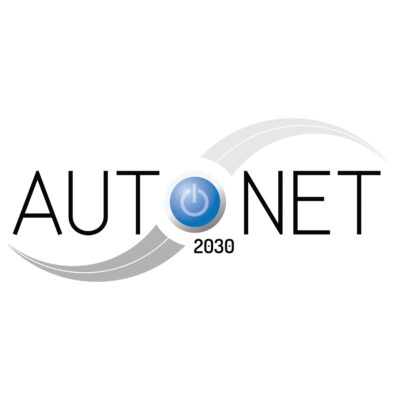Co-operative Systems in Support of Networked Automated Driving by 2030
AutoNet2030 shall develop and test a co-operative automated driving technology, based on a decentralised decision-making strategy which is enabled by mutual information sharing among nearby vehicles. The project is aiming for a 2020-2030 deployment time horizon, taking into account the expected preceding introduction of co-operative communication systems and sensor based lane-keeping/cruise-control technologies. By taking this approach, a strategy can be worked out for the gradual introduction of fully automated driving systems, which makes the best use of the widespread existence of co-operative systems in the near-term and makes the deployment of fully automated driving systems beneficial for all drivers already from its initial stages.
The main idea is to achieve intelligent decision-making in fully automated vehicles through local group formation, by using co-operative communications to exchange input data and maneuvering control commands. Such co-operation is meant not only among automated vehicles, but extends also to manually driven vehicles; automated vehicles will locally coordinate the maneuvering of all surrounding vehicles, making driving thereby more predictable and safer also for manually driven cooperative vehicles. This system shall be optimized to make safe, predictable, and efficient maneuvering decisions. The control algorithm shall be aware of the precise dynamics of surrounding vehicles, the wider view of lane interconnections/destinations, and the possible alternative maneuvers to select in case of unexpected events.
Drivers will receive maneuvering instructions on their HMI; the ergonomy and non-distraction of this new user interface shall be validated. In summary, the automotive industry will have answers for the upcoming transportation challenges of ever-growing urban conglomerations and will have a deployment strategy of automated driving which benefits all drivers already during the transition period towards full transport automation.
ICCS role in AutoNet2030 will be to design the HMI for advised maneuvering and contribute to its validation, adapt available perception modules and algorithms, developed in previous projects, to the specific needs of AutoNet2030. Finally, ICCS will design the driver reaction analysis algorithm and also contribute the HMI design guidelines into the European Statement on Principle (ESoP) for HMI design.

